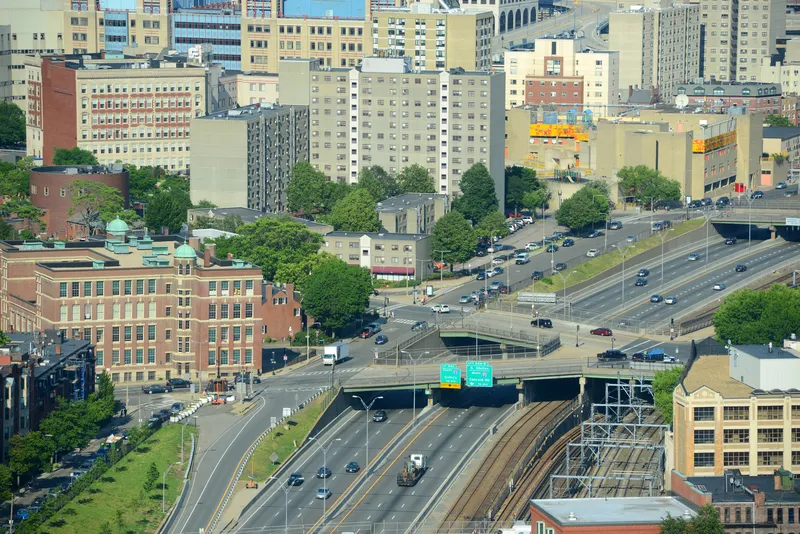Tennessee Department of Transportation (TDOT) has released its three-year transportation program, featuring approximately US$1.5 billion in infrastructure investments for 59 individual project phases in 41 counties, as well as 14 state-wide programs. Due to the uncertainty of the future of the Federal Highway Trust Fund, TDOT has taken a conservative approach to this building program. The program does not feature early engineering work on any new projects. TDOT is continuing its pay-as-you-go philosophy and
April 7, 2014
Read time: 2 mins
Due to the uncertainty of the future of the Federal Highway Trust Fund, TDOT has taken a conservative approach to this building program. The program does not feature early engineering work on any new projects. TDOT is continuing its pay-as-you-go philosophy and remains one of only four states in the nation to carry no debt for any transportation initiatives.
The three-year, multimodal program places a high priority on maintaining the condition of our pavement and bridges. TDOT will invest over US$600 million in resurfacing and bridge repair and replacement projects over the next three years. The program also funds several improvements to the interstate system, including the addition of truck climbing lanes, interchange projects and capacity expansion on several major state routes, as well as funding for improved access in several communities, including the construction of new interchanges.
“Despite the funding challenges facing transportation agencies, this program represents TDOT’s commitment to building and maintaining one of the best transportation systems in the nation,” Haslam said. “Improving safety, relieving congestion, and expanding economic opportunities remain top priorities and will help us reach our goal of making Tennessee the number one location in the Southeast for high quality jobs.”
TDOT receives approximately half of its funding from the Federal Highway Trust Fund, which will run out of money by 30 September 2014 if new transportation funding legislation is not passed by Congress in the coming months.









